Plastic film
Ridwell takes all sorts of thin plastics from zip-top to grocery bags, bubble wrap to dry cleaning bags and helps them find a second life. These recyclable plastics are shredded, washed, then melted into pellets, which then makes other products like new packaging, composite decking material, and trash can liners!
As part of our commitment to recycling innovation, we often send trial shipments to new partners to test new technologies. Exploring these early-stage opportunities helps us stay at the forefront of emergent solutions.
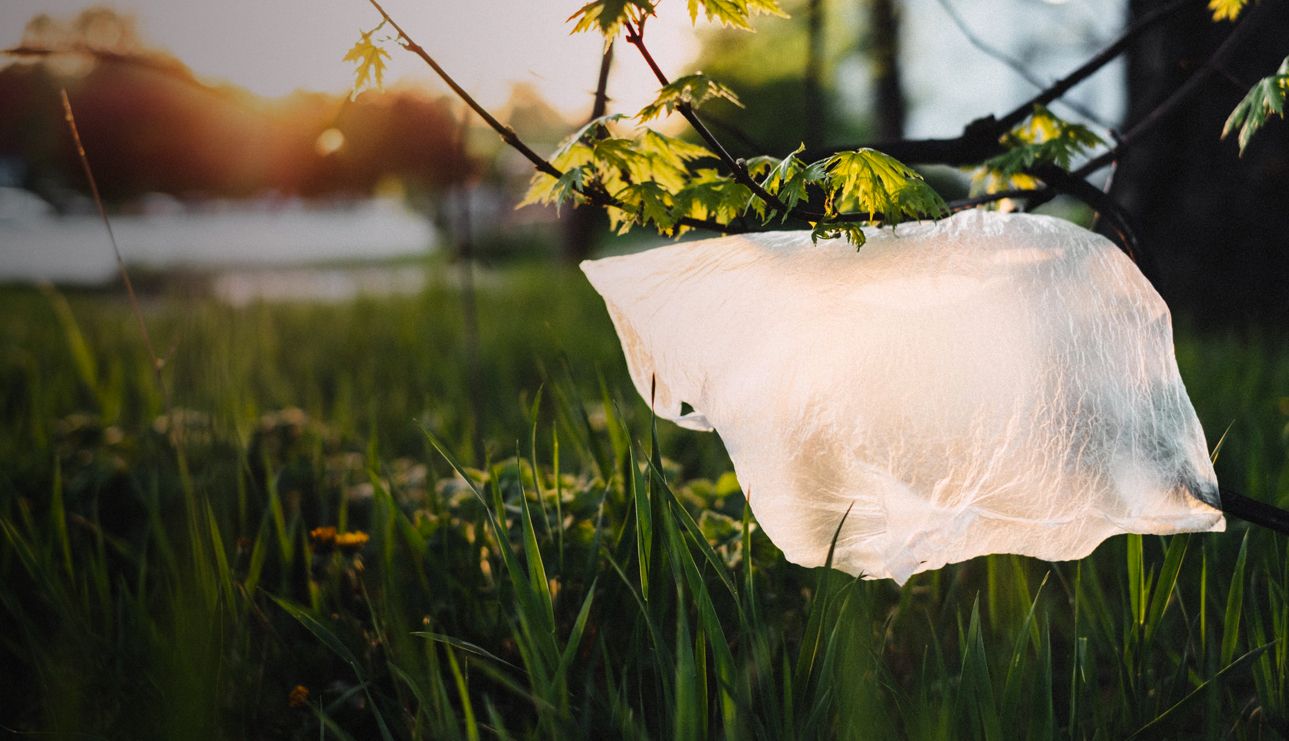
What we do with it
As a core category, you will have a dedicated bag for plastic film. It is one of the most impactful for reducing household waste and global pollution. With Ridwell, we can take some of the common plastic film that can't go in your curbside bin off your hands, right from your doorstep.
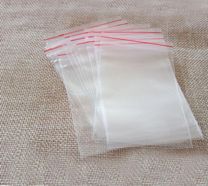

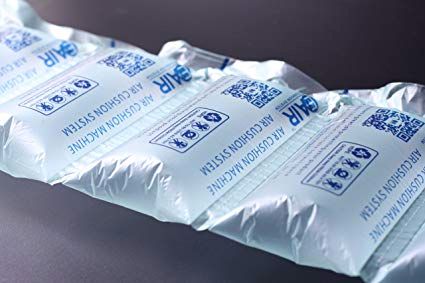
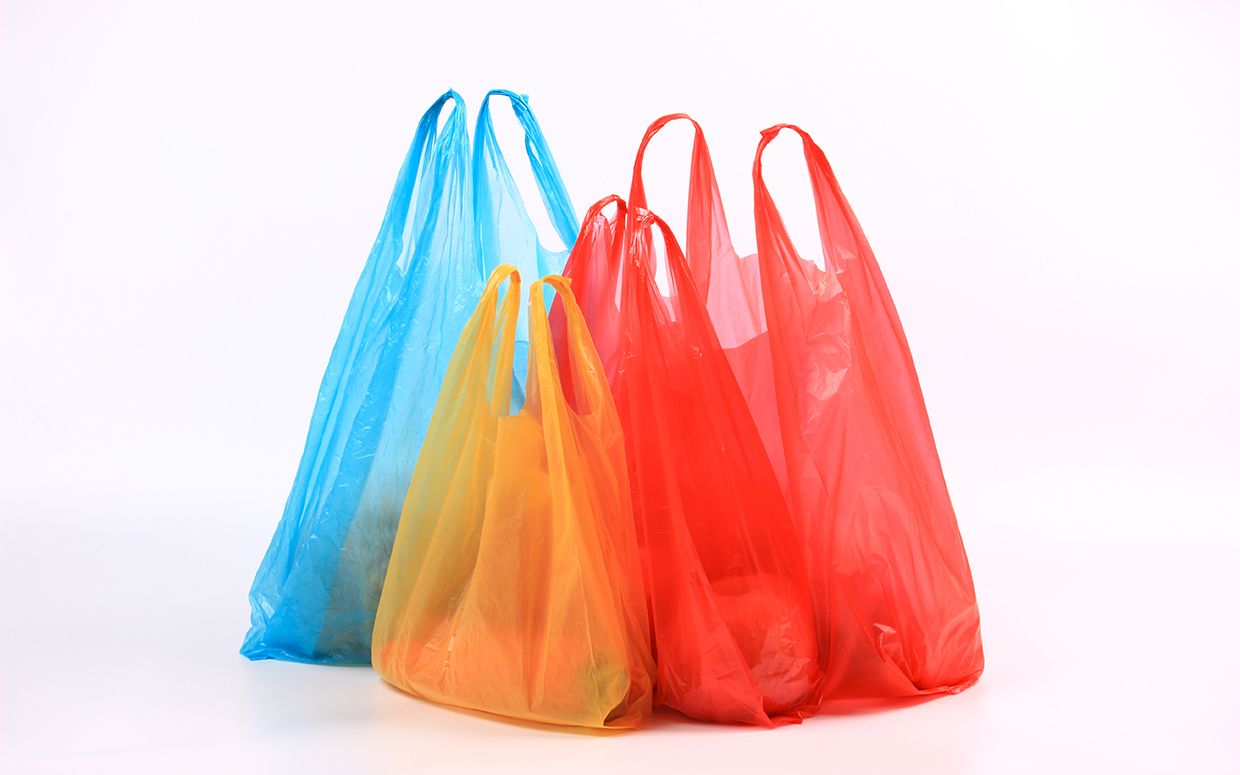
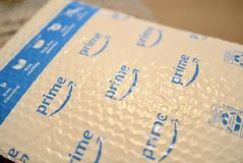
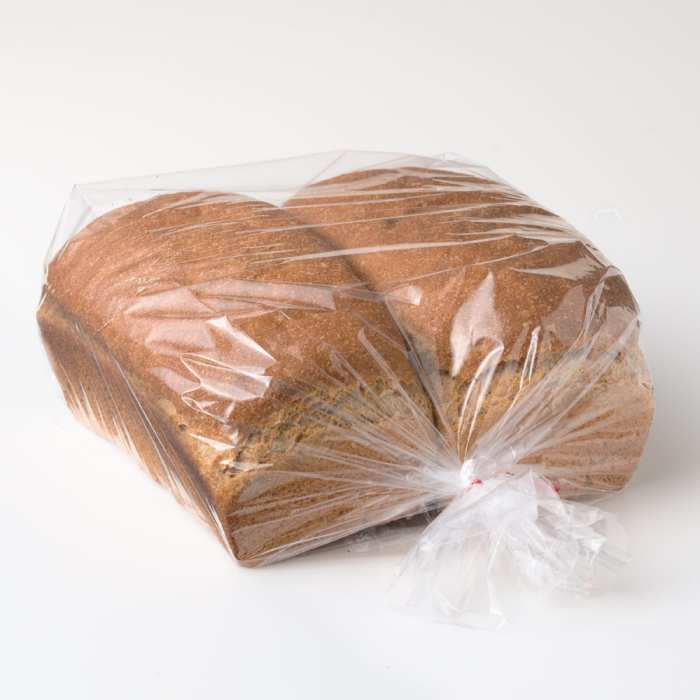
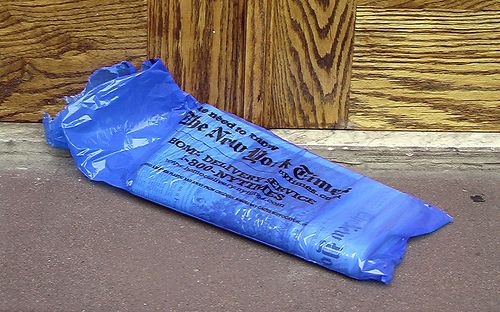
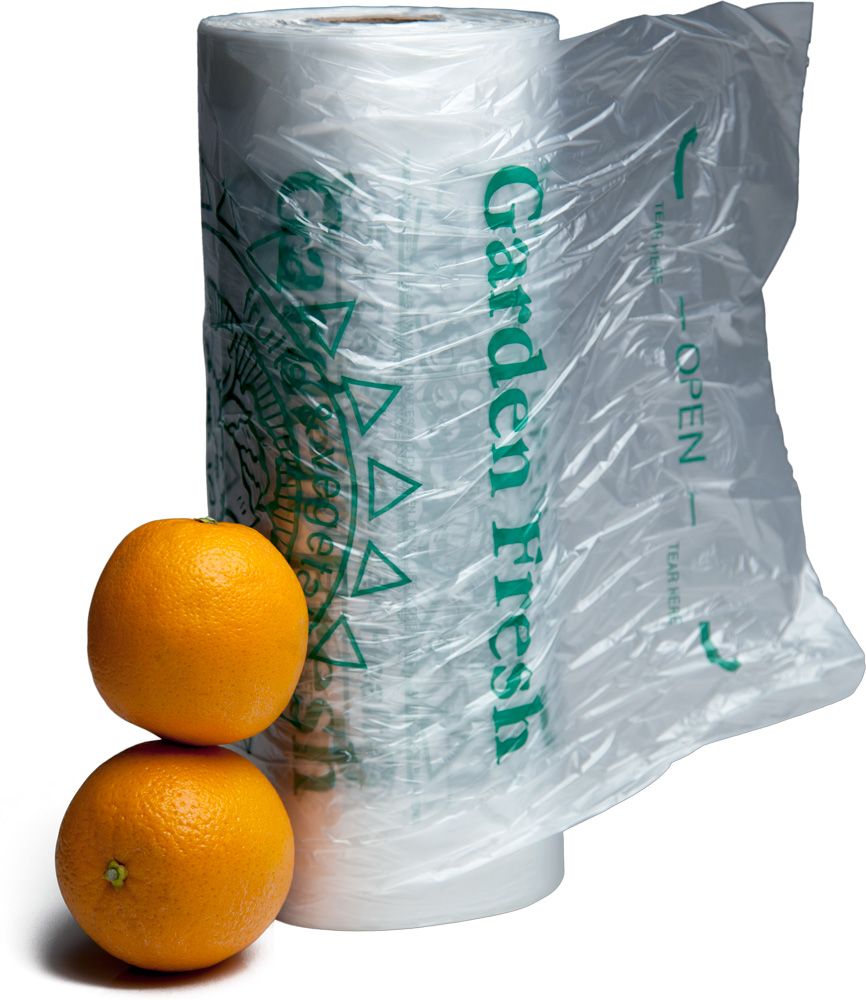

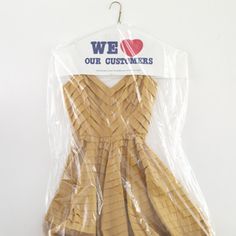
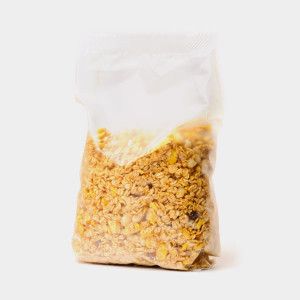
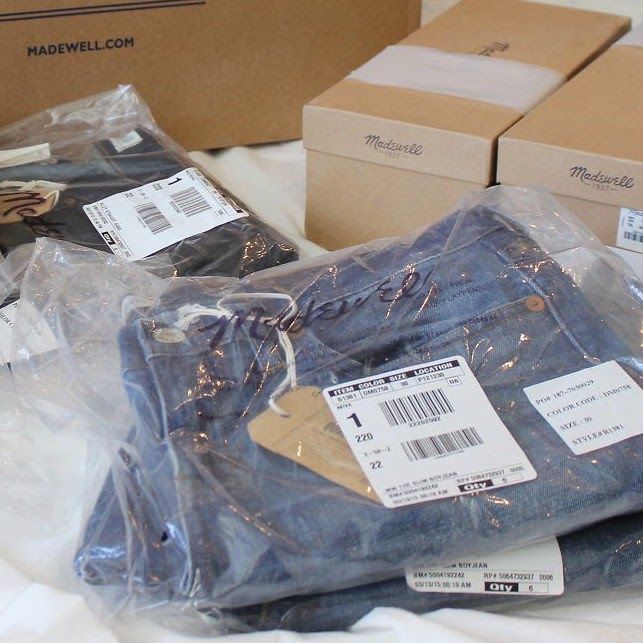
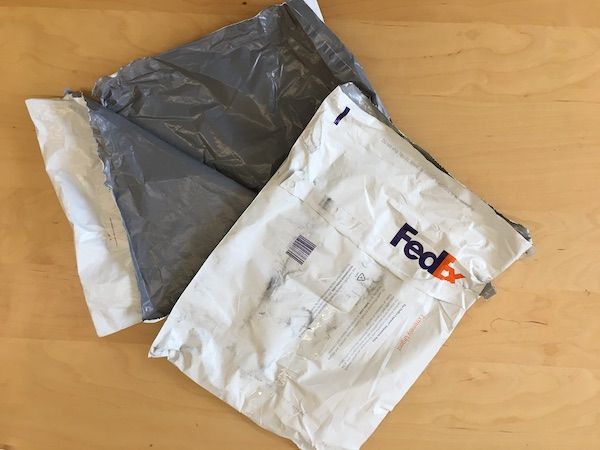
How we keep your Plastic film out of landfills.
We partner directly with innovators who transform hard-to-recycle materials into new products—so you can see exactly where your items go and what they become.
Trex
Trex is one of the largest recyclers of plastic film in North America, using more than 400 million pounds of recycled plastics - including more than 1.5 billion plastic bags - each year to make its high-performance, wood-alternative decking. A standard 16-foot Trex deck board contains recycled materials from approximately 2,250 plastic bags, and is 95% recycled content.
“Ridwell members give us some of the highest quality plastic we receive from any partner. We are thrilled to be working with such a conscientious and passionate community.“ - Trex, Consumer Education
